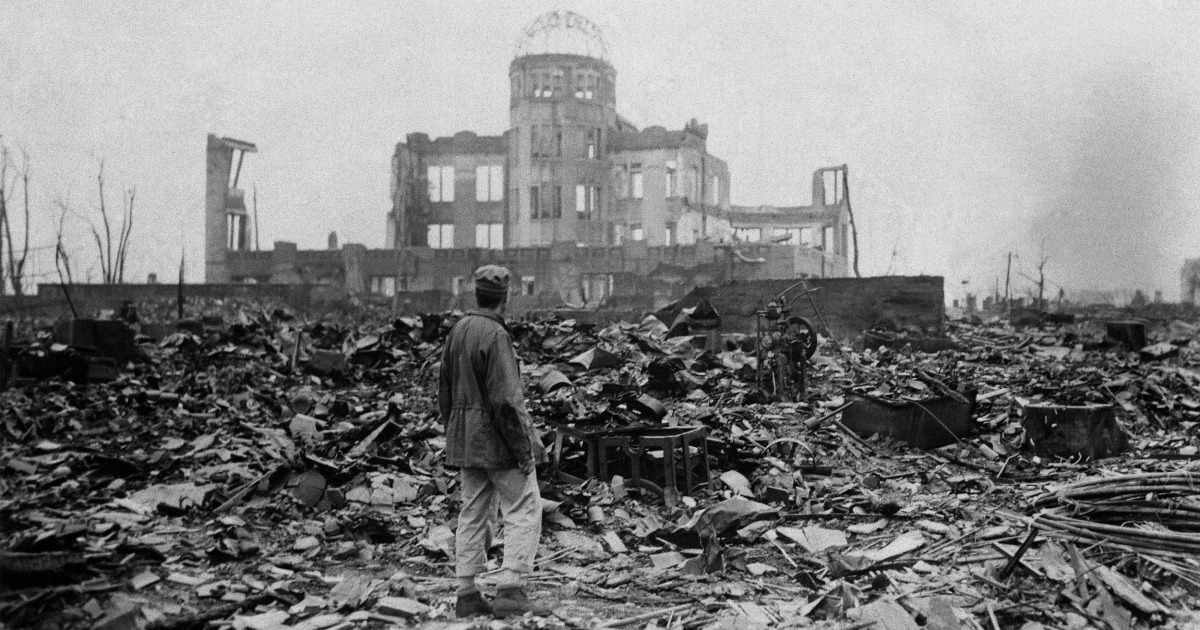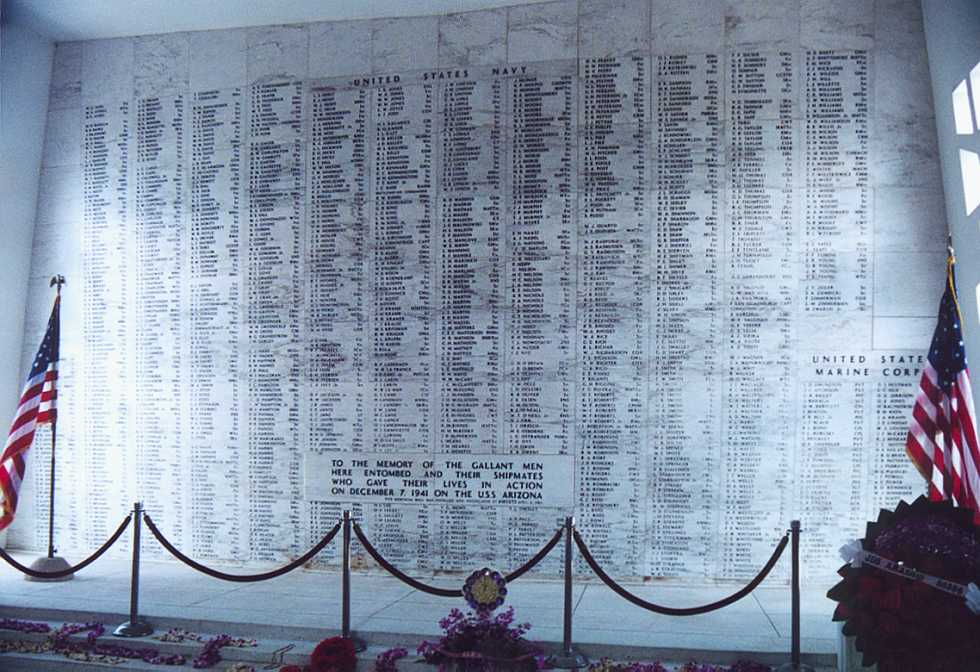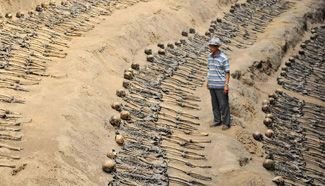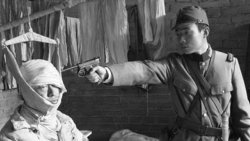- Aug 16, 2011
- 127,791
- 24,068
- 2,180
75 years since a dark day in human history. Each year there are many ceremonies and visiting dignitaries who gather at the site to memorialize those who died that day, and to resolve to prevent any such actions by anyone in the future. This year, due to the Corona virus, only those remaining survivors and a few government officials were in attendance.

 english.kyodonews.net
english.kyodonews.net

Hiroshima marks 75th A-bomb anniversary, urges unity amid pandemic
Hiroshima marks the 75th anniversary of its atomic bombing by the United States on Thursday, with its mayor urging the world to unite against grave threats to humanity -- be they nuclear weapons or the novel coronavirus pandemic -- by spurning nationalistic and isolationist policies.








